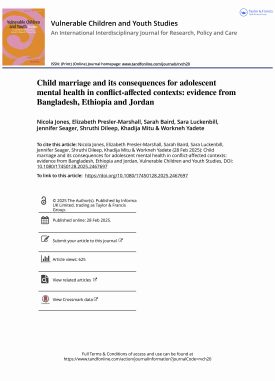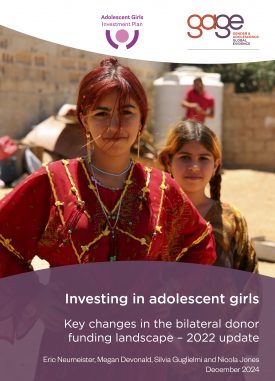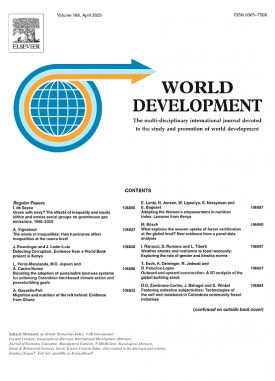Adolescent refugees have received little age- and gender-targeted attention in the intervention efforts in Lebanon amidst the protracting Syrian crisis, this is particularly in relation to their psychosocial wellbeing. Little is known about the combined factors at the different structural, communal and individual levels that impact and shape adolescent refugees’ psychosocial wellbeing and their choices and future opportunities based on their own gendered experiences and perspectives. This is especially in relation to the multi-layered constraints and marginalization, at the family, local community and wider society levels as well as the Lebanese state policies towards the different refugee groups.
This chapter focuses on the convergence of these different factors at the different levels with specific focus on gender dynamics within the complex and multidimensional layers of life in displacement. We show the role of these intersecting challenges in shaping married Syrian refugee adolescent girls’ realities and its implications for their psychosocial wellbeing.
Suggested citation:
Youssef, S. (2023) ‘“There is Nothing Else to Aspire to in Our Life”: Exploring the Psychosocial Wellbeing of Married Syrian Refugee Girls in Lebanon.’ in Jones, N., Pincock, K. and Abu Hamad, B. (eds.) Adolescents in Humanitarian Crisis. Displacement, Gender and Social Inequalities. Oxford: Routledge (https://doi.org/10.4324/9781003167013)


